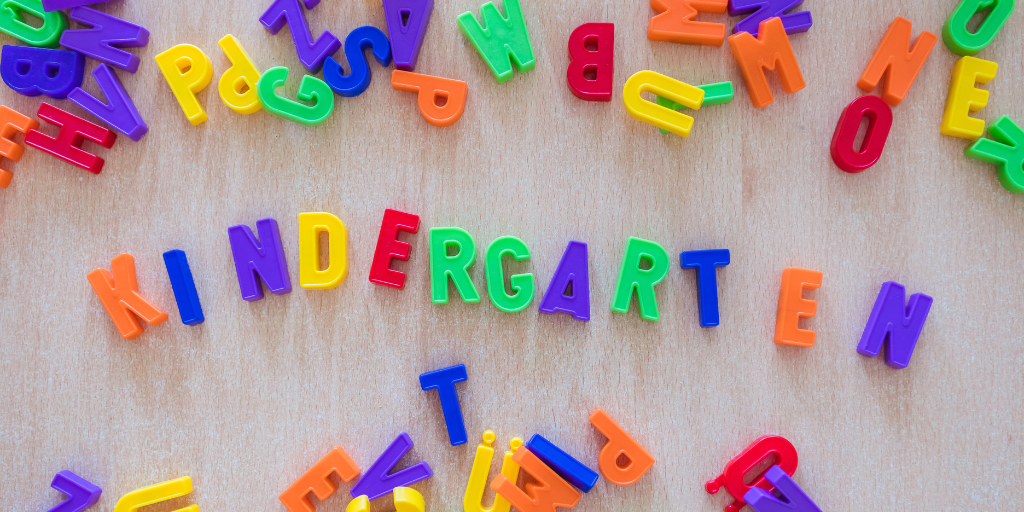Your ELC explores the advantages that go beyond academics, nurturing a foundation for success in the formal school setting.
As parents, you may wonder about the importance of enrolling your child in kindergarten and how it sets the stage for their future academic journey. Kindergarten is more than just a transition from home or childcare; it is a pivotal phase that provides numerous benefits for school readiness.
In this blog, we’ll explore these advantages that go beyond academics, nurturing a foundation for success in the formal school setting.
Social Readiness: Kindergarten fosters essential social skills that prepare children for interactions in a classroom environment. Through collaborative play, sharing, and teamwork, children develop the ability to engage with peers, follow group instructions, and navigate social dynamics, laying the groundwork for positive classroom experiences.
Emotional Development: Kindergarten is a supportive space for children to understand and manage their emotions. Learning to express feelings, cope with challenges, and build resilience sets the stage for emotional well-being in a school setting. Children become more equipped to handle the varied emotions that can arise during the school day.
Language and Communication Skills: Exposure to rich language experiences in kindergarten enhances a child’s vocabulary, comprehension, and communication skills. Engaging in conversations, listening to stories, and participating in show-and-tell activities contribute to the development of effective communication, which is crucial for classroom discussions and learning.
Foundations of Literacy and Numeracy: Kindergarten introduces the fundamental building blocks of literacy and numeracy in a playful and interactive manner. Through storytelling, rhymes, counting activities, and early math concepts, children begin to grasp the basics, setting the stage for more advanced learning in later grades.
Fine and Gross Motor Skills: Kindergarten activities, such as drawing, cutting, and outdoor play, contribute to the development of fine and gross motor skills. These skills are essential for tasks such as writing, holding a pencil, and participating in physical education activities, ensuring that children are physically ready for the demands of the school curriculum.
Independence and Self-Regulation: Kindergarten encourages children to become more independent and develop self-regulation skills. From managing their belongings to following a routine, these skills are vital for a smooth transition into the more structured environment of formal schooling.
Cognitive Growth: The activities and challenges presented in kindergarten stimulate cognitive development. Problem-solving, critical thinking, and the ability to focus on tasks are honed, providing a strong cognitive foundation that supports academic success in later years.
Introduction to School Routines: Kindergarten serves as a gentle introduction to the routines and expectations of a school environment. From lining up to transitioning between activities, children become familiar with the structure of a school day, reducing anxiety and promoting a positive attitude toward learning.
The benefits of kindergarten extend far beyond academic preparation. By nurturing social, emotional, and cognitive development, kindergarten equips children with the skills and confidence needed for a successful transition into formal schooling. As your child takes these first educational steps, remember that each moment in kindergarten is a building block for a future filled with learning, growth, and achievement.
YOU MIGHT ALSO LIKE TO READ:
The Importance of Play to a Child’s Physical, Mental, and Social Development
We understand how important your child’s physical, mental, and social development is to you, it’s important to us as well. Your Local Early Learning Centre, explains how learning through play supports your child’s development in these key areas. – READ MORE






